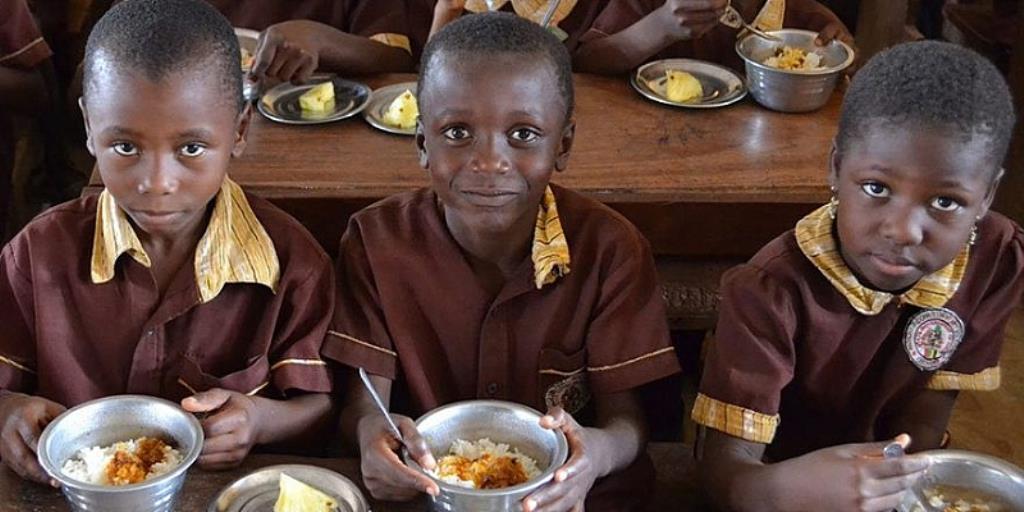The government has announced the release of 150 million cedis to pay caterers under the Ghana School Feeding Programme.
The amount is to settle most of government’s arrears for the first and second terms of 2018/2019 academic year.
A statement issued by the Ministry of Gender, Children and Social Protection on Wednesday said disbursement has already commenced and will continue throughout the week.
“Caterers are therefore advised to check with their respective service providers for the release of their money,†it said.
The statement further indicated that the government is mobilizing resources to pay the rest of the outstanding arrears for the remaining 15 days of the second term and the whole of third term of 2018/2019 academic year.
Again, the statement urged the school feeding caterers to exercise restraint as government resolve the issues surrounding the Ghana School Feeding Programme.
“We wish to assure all stakeholders of government’s commitment to sustain the programme and improve upon its service delivery,†the statement said.
School feeding programme
The Ghana School Feeding Programme (GSFP) has been in implementation since 2005 in the context of the Comprehensive African Agricultural Development Programme (CAADP) Pillar III and in response to the first and second Millennium Development Goals (MDGs) on eradicating extreme poverty and hunger and achieving universal primary education.
 Over the period of implementation, the basic idea of the program has been to provide children in public primary schools and kindergartens with one hot nutritious meal, prepared from locally grown foodstuffs, on every school-going day. The broad and specific policy objectives of the programme were to improve school enrolment, attendance and retention among pupils in the most deprived communities in Ghana as a strategy.
 The programme is to promote an increase in domestic food production and consumption, increase the incomes of poor rural households and also improve the health and nutritional status of the pupils in Ghana.
READ ALSO:
Â





